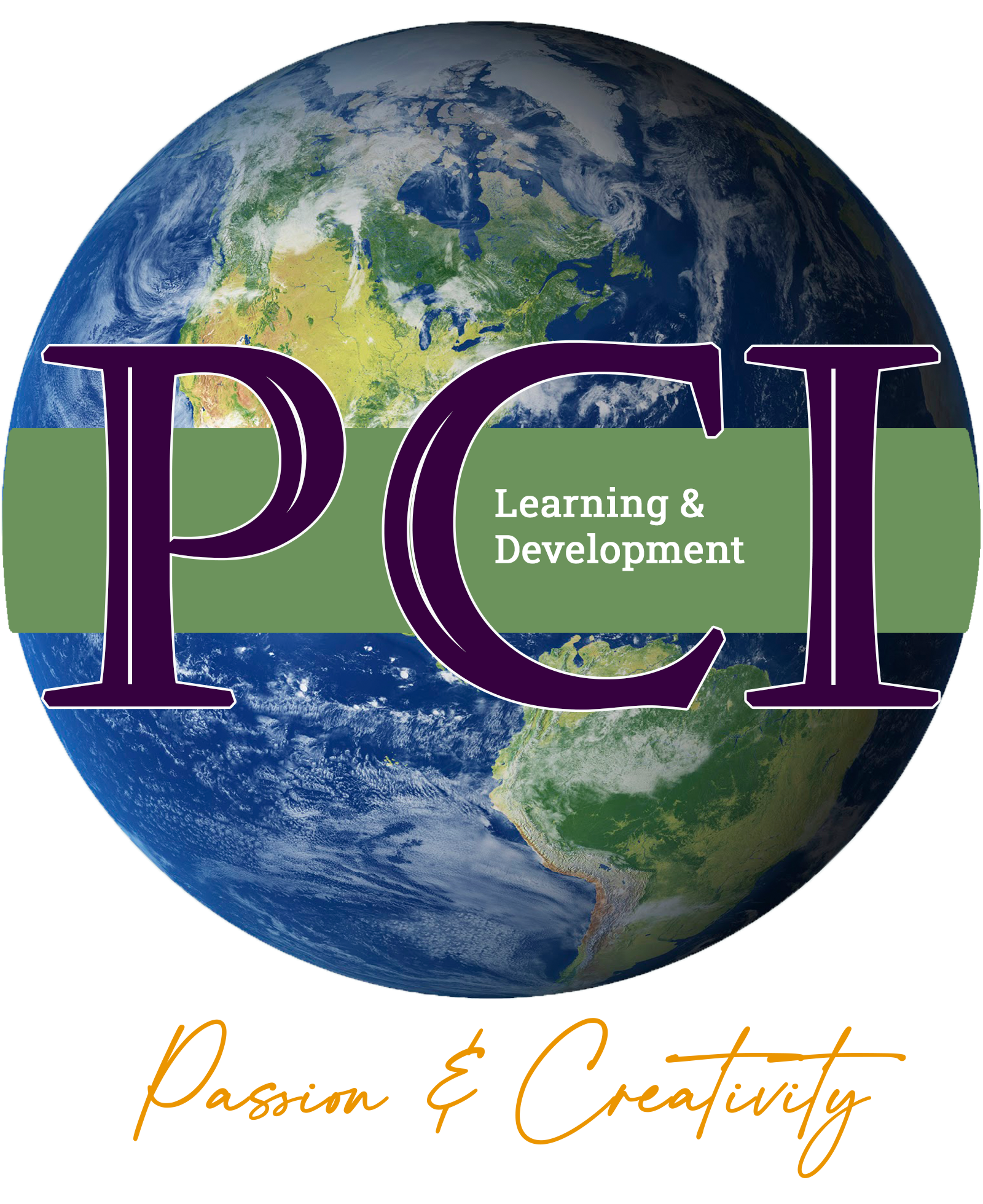Introduction:
Maintenance planning and scheduling are critical components of effective asset management in any industrial or commercial setting. The efficiency and reliability of machinery, equipment, and infrastructure are paramount to the smooth operation and productivity of an organization. Proper maintenance ensures that these assets are kept in optimal condition, minimizing downtime and extending their operational lifespan.
Why Maintenance Planning & Scheduling Matter
In today’s competitive environment, unplanned downtime can lead to significant financial losses, reduced productivity, and even safety hazards. Maintenance planning and scheduling help prevent these issues by providing a structured approach to maintaining equipment. This ensures that maintenance activities are performed at the right time, with the right resources, and in the most cost-effective manner.
This comprehensive course on Maintenance Planning & Scheduling, designed for beginners to master level, provides a detailed exploration of the principles, practices, and tools necessary for effective maintenance management. Whether you are just starting out in the field or looking to enhance your existing skills, this course will equip you with the knowledge and expertise required to excel in maintenance planning and scheduling.

